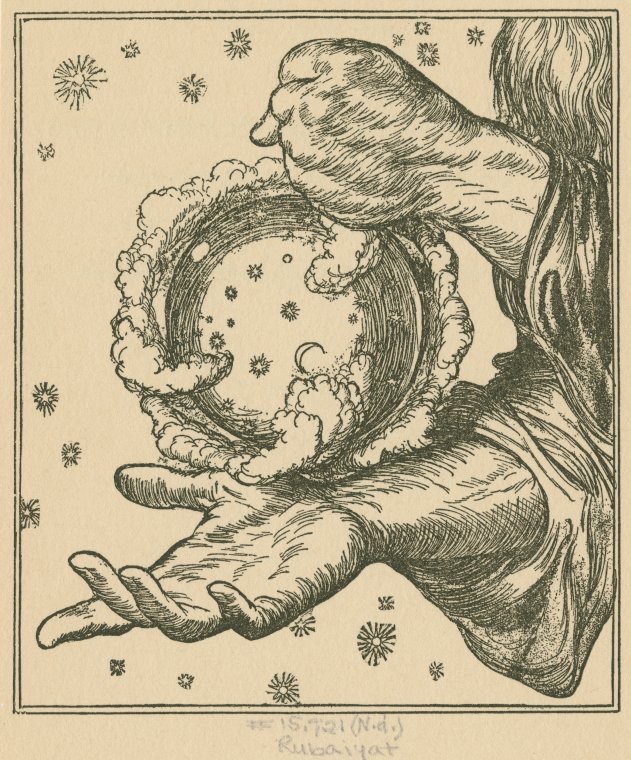SocialMorality3

Edmund J. Sullivan:
Ah, love! could thou and I with faith conspire (1913)
"We remain in moral peril …"
Morality seems an inherently social entity, for it's anchored in commandments. An ethic involves an individual swearing to do something, I Shall, while a moral entails accepting a commandment, Thou Shalt. An immoral act involves disobeying an order or an understanding, violating a covenant between a respected authority and its supplicant. In the case of SocialMorality, the authority might well be disembodied, a cultural understanding. "One simply never on a Sunday does," for instance, the agreement appears more often tacit than explicit. The rules seem to have been forgotten or never understood in modern times. Throughout history, modern times have considered themselves the exception, present expressly to break traditions and make new ones. A core of more or less permanent morals has weathered such abuse and tends to resurface after much misuse and disservice. Gentlemen have comported themselves in specific ways throughout the ages despite passing fancies, for instance.
The new presents this unique challenge for us. Seemingly separated from tradition, we easily interpret novelty as permission to sin, much like a teenager might dabble in delinquency when traveling away from home. Separated from the watchful eye, they might try getting away with something they'd never attempt at home. Universal comportment rules never take a vacation, though, and these dabbles tend to ultimately reinforce the justification for the moral injunctions in the first place. Payback remains the same bitch it was at home, regardless of how far one ranges.
The curious case of social media might serve as the best example of a spontaneous Wild West emerging from a seemingly new context. Nobody had seen anything remotely like email or texting until they appeared. They showed up without instructions, seemingly without limitations, and some commenced to push the edges. Some found it easier to spill their guts in that new medium. Others felt compelled to attempt world dominion and bully others as if that behavior showed they were somehow superior. People quickly felt moved to wonder what became of their accustomed civility in these exchanges, as the new medium seemed to enable everyone to see right into everyone else's soul. People we never suspected seemed to live in there.
With whom do I have the pleasure? became the most frequently asked question, as we kept discovering previously hidden layers within almost every correspondent, even ourselves. When Facebook and Twitter emerged, it seemed like open season on full disclosure. People seemed compelled to push the envelope, wherever that had gone, and to feel appalled at their result. What began in innocence quickly became a free-for-all, by which I mean it became extremely costly. Advertisers lost all reason once they learned they could minutely track everyone's interests. Every manner of scammer found fresh ways to take advantage. Even the least of us found a ready outlet to further develop our self-importance to a seemingly infinitely interested audience. Each and everyone could suddenly become famous. The experience seemed to change us.
I sound like a Luddite or worse when I suggest that today's no different. Our SocialMedia today influences us in remarkably similar ways as did the social media of the past. Radio utterly undermined society following its introduction. So did the telephone and television. The daily newspaper disrupted ancient rhythms and was widely abused at first. It later settled into a steadier rhythm, finding its place in the same way radio and television would and no longer seemed to dominate every conversation. We seem to abuse ourselves with our new inventions before rediscovering our abandoned souls and reattaching them. Our most modern social media was perhaps more disruptive and, therefore, more destructive. We can only know later, after our traditional civility returns and society relearns how to manage those passions. Some fresh, presently unimaginable intrusion will come to overshadow whatever disrupted our traditions before. We remain in moral peril, always moving into and ultimately through each new temptation until we rediscover our inner commander again.
©2023 by David A. Schmaltz - all rights reserved


